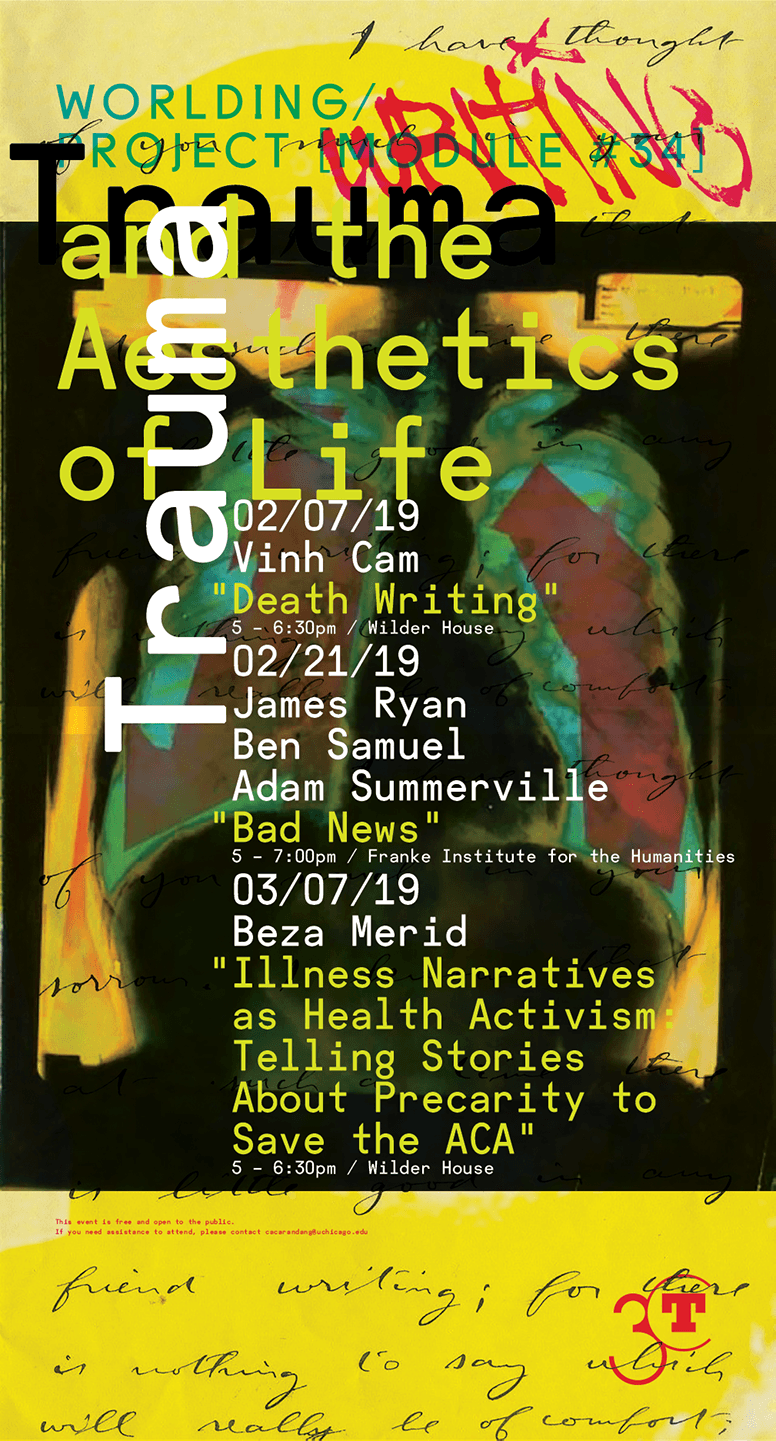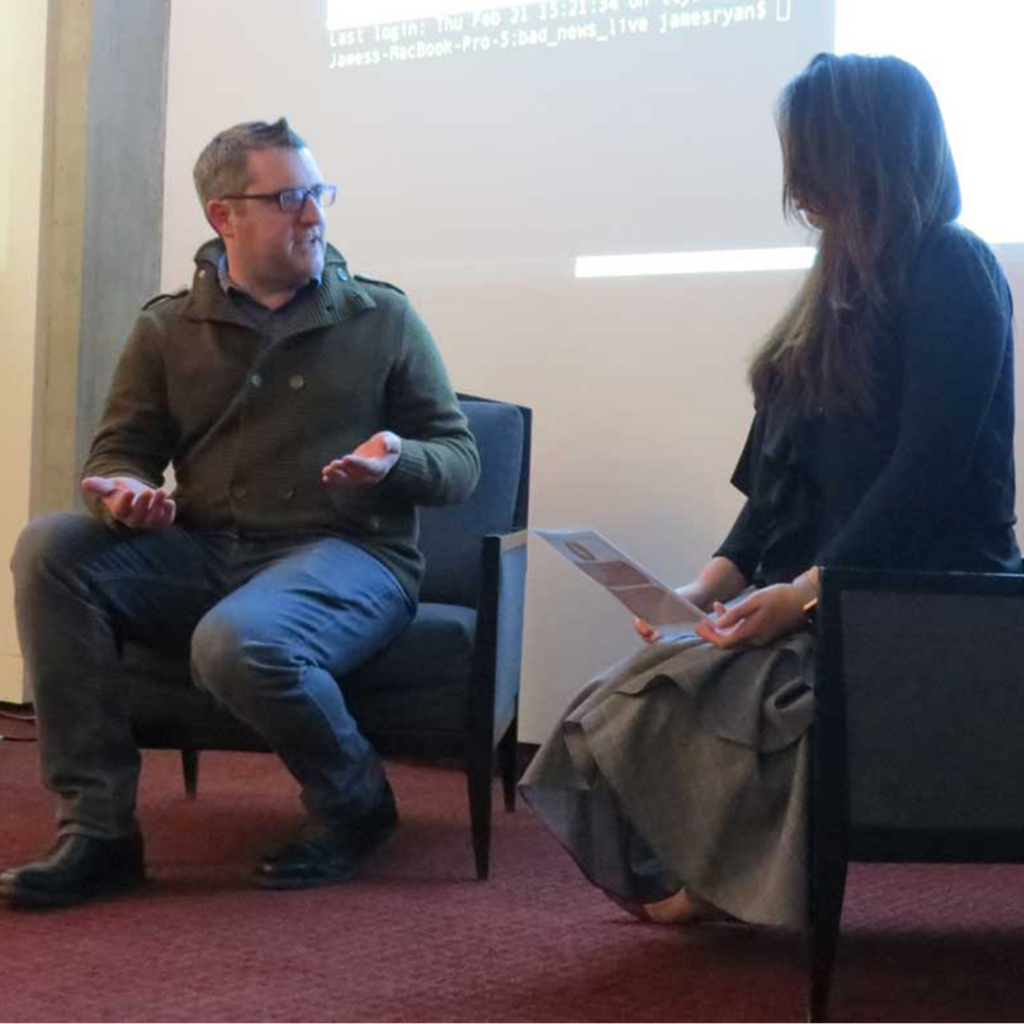Categories
Beza MeridTrauma and the Aesthetics of Life: Illness Narratives as Health Activism: Telling Stories about Precarity to Save the ACA
Thursday, March 7, 2019, 5:00-6:30pmAt a moment when public policies and social programs face political disfavor, how can social movements use emotional performance about vulnerability to change the discourse around a divisive topic? The Affordable Care Act (ACA), which expanded health insurance coverage to millions of Americans, is one such case. As patients, caregivers, and health activists fight to resist the repeal of the ACA, they use intimate illness accounts to demonstrate the extreme effects of rescinding the investment in equity and justice they say the ACA represents.
One such effort emerges from the Service Employees International Union (SEIU), a left-leaning labor union that organizes around a number of social justice issues. SEIU’s “Fight For Our Health” campaign frames its arguments through performances of what I call “health insurance precarity.” These narratives, shared in person during protest actions and online by the campaign, situate the resolution of this precarity as a social, rather than individual, concern. This talk engages questions about how precarious patients facing economic and health risks make claims to biological citizenship and social belonging in order to pressure public opinion and the law. It gives a more general account, too, of the role the current health media landscape plays in this negotiation.
Beza Merid (Ph.D., New York University) is an LSA Collegiate Fellow in the Department of Communication Studies at the University of Michigan-Ann Arbor, where he researches the cultural and political dimensions of illness. In particular, his scholarship examines how experiences of patienthood are mediated in the contemporary health media landscape, how patients and caregivers find ways to survive when adequate health insurance is inaccessible, and the persistence of racial disparities in heart disease and stroke.
Merid is currently working on his first book project, which examines how stand-up comedy and stand-up comedians participate in the production of biomedical knowledge, and gathering material for his second book project, which examines how patients and caregivers participate in knowledge production about racial disparities in heart disease and stroke.


